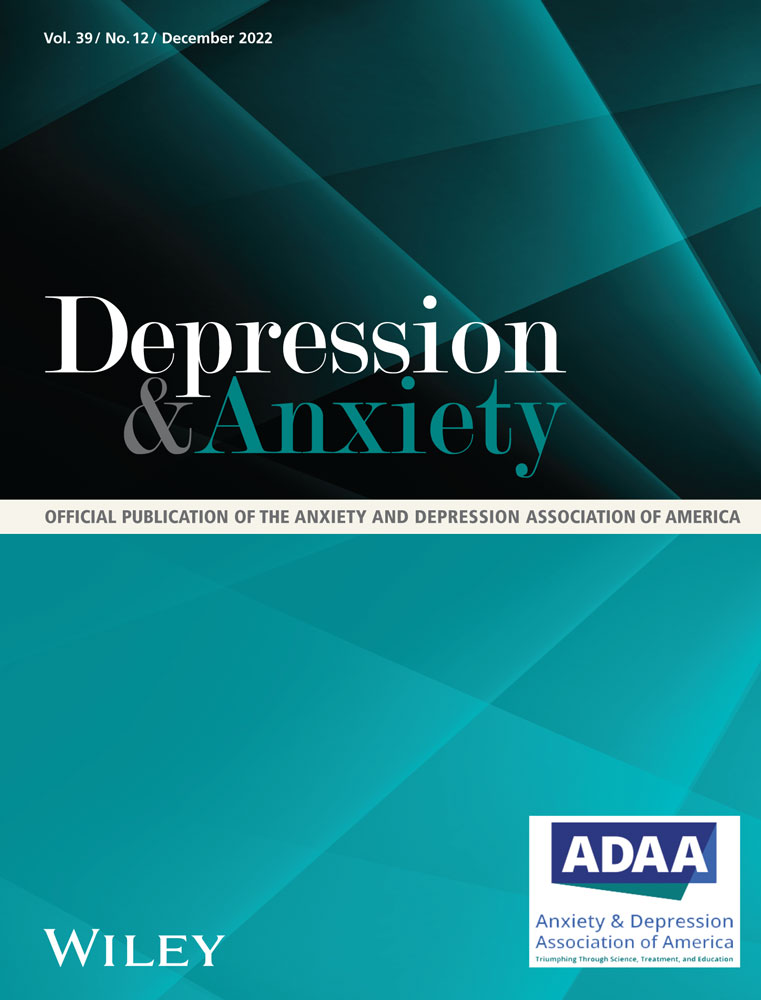Physician Recommended Treatment
Veronica is concerned that her new antidepressant (Wellbutrin) is not working after three weeks. Veronica’s treatment regime should be continued unless it has immense side effects. Hence, discontinuing or changing the medications will not be beneficial. For instance, the new drug will also take time before the patient experiences the effects (Anxiety and Depression-Nursing Paper Examples).
As the physician, I will educate and advise Veronica that three weeks is too soon to discontinue or change her treatment since antidepressant medication such as Wellbutrin takes longer to have a therapeutic effect on the patient. In this case, antidepressants may take up to three weeks to trigger initial reactions, while the greatest effects may begin 12 weeks later (Burchum & Rosenthal, 2021) (Anxiety and Depression-Nursing Paper Examples).

Therefore, one of the strategies that the physician should consider is increasing the dosage to evaluate whether the patient experiences improved outcomes. The physician may also consider using an alternative medication in the same class as norepinephrine-dopamine reuptake inhibitors (NDRIs). Subsequently, almost all antidepressants used to treat MDD multiply the patient’s suicidal risks, especially for children and younger patients like Veronica. Besides, Stopping the medication may rapidly increase the risk of suicide. Subsequently, Veronica should visit the physician within the first month after the prescription to manage potential risks for suicide (Anxiety and Depression-Nursing Paper Examples).
Herbal Product for Depression
The St. John’s Wart (Hypericum perforatum) is a medicinal herbal product Veronica can use for MDD. The herbal to remain taken in capsules tea, or pill form. Consequently, the herbal has improved outcomes than a placebo and is as effective as standard prescription antidepressants for MDD patients, and it reduces side effects (Anxiety and Depression-Nursing Paper Examples).
The herbal has similar actions to SSRI as it increases brain chemicals such as dopamine, serotonin, and norepinephrine (Nobakht et al., 2022). The neurotransmitters aid in improving mood. However, St. John’s use for depression ought to remain studied further as it stays linked with worsening symptoms and reducing convectional-treatment effectiveness (Anxiety and Depression-Nursing Paper Examples).
Drug Interactions (Anxiety and Depression-Nursing Paper Examples)
SSRIs remain the primary medication used to treat MDD as they prevent neurotransmitter reuptake at the nerve terminal. Research suggests that a combination of Wellbutrin and Lexapro medications interact to elicit beneficial results for patients with depression (Czysz et al., 2021). Drugs such as Escitalopram (Lexapro) and Buspirone (Buspar) may result in severe conditions when taken together. While there is no known interaction when Wellbutrin and buspirone are used together, the different medications may interact with some foods causing adverse effects (Anxiety and Depression-Nursing Paper Examples).
Addition of Marplan to Current Medication
Risk for Hypertensive crisis, Serotonin Syndrome, and Prevention
Although Monoamine oxidase inhibitors (MAOIs) such as isocarboxazid are used to treat depression, they may cause a hypersensitive crisis when taken with foods with tyramine. Veronica is at risk of developing a hypersensitive crisis that leads sudden rise in blood pressure, contributing to end-organ damage (Petriceks & Stern, 2022).
Thus, Veronica should cease consuming foods such as bean curd, overripened avocados, and smoked or aged meat that contains tyramine, which causes hyperadrenergic states. Veronica is also at risk of Serotonin syndrome. The life-threatening condition leads to elevated serotonergic neurotransmission causing mental changes, fever, sweating, jerky movements, hypertension, tremors, or death (Hicks, 2020) (Anxiety and Depression -Nursing Paper Examples).
Veronica ought to remain educated about antidepressants, their interactions, and potential side effects. Veronica should be taught only to start taking SSRIs two weeks after using MAOIs. She should not exceed 450mg per day of Wellbutrin if she encounters any seizures. She should not use Bupropion and MAOIs to curb adverse drug interactions. Most importantly, compression of potential signs and symptoms of adverse effects such as hypertension crisis and serotonin syndrome is instrumental in improving patient outcomes (Anxiety and Depression-Nursing Paper Examples).
Veronica’s current medications comprise Escitalopram (Lexapro): SSRI, Buproprion (Wellbutrin), and Buspirone (Buspar). Adding Marplan (Isocarboxazid) to her current medications is not recommended. For example, a treatment regime consisting of Escitalopram (Lexapro) and Marplan: MAOI is unsafe as it will lead to adverse drug interactions increasing the risk of serotonin syndrome. Secondly, using Marplan and Wellbutrin is contraindicated as it increases the risk of reaching Wellbutrin toxic levels (Anxiety and Depression-Nursing Paper Examples).
References
Burchum, J. R., & Rosenthal, L. D. (2021). Lehne’s Pharmacology for Nursing Care E-Book. Elsevier Health Sciences.
Czysz, A. H., Mason, B. L., Li, Q., Chin-Fatt, C., Minhajuddin, A., Carmody, T., & Trivedi, M. H. (2021). Comparison of inflammatory markers as moderators of depression outcomes: A CO-MED study. Journal of affective disorders, 295, 1066-1071. https://www.sciencedirect.com/science/article/abs/pii/S0165032721009216
Hicks, J. B. (2020). Education module for serotonin syndrome with 24-hour dose monitoring intervention. https://ir.library.louisville.edu/cgi/viewcontent.cgi?article=1079&context=dnp
Nobakht, S. Z., Akaberi, M., Mohammadpour, A., Moghadam, A. T., & Emami, A. (2022). Hypericum perforatum: Traditional uses, clinical trials, and drug interactions. Iranian Journal of Basic Medical Sciences, 25(9), 1045. https://web.p.ebscohost.com/ehost/pdfviewer/pdfviewer?vid=0&sid=590bc715-46fe-4498-bdd1-260b261c9815%40redis
Patrick, A. H., & Stern, T. A. (2022). Diagnosis and Management of Hypertensive Emergency in a Patient With Generalized Anxiety Disorder. The Primary Care Companion for CNS Disorders, 24(6), 43757. https://doi.org/10.4088/PCC.21f03154
